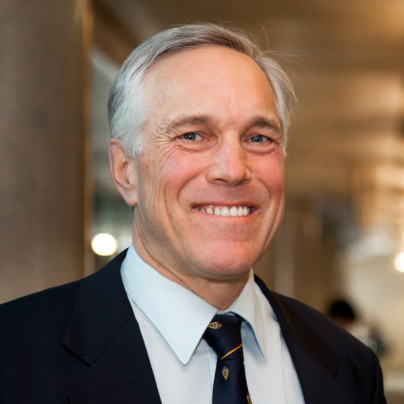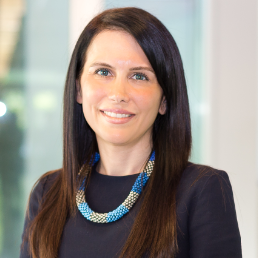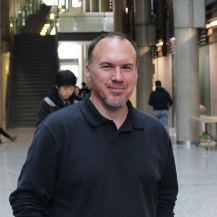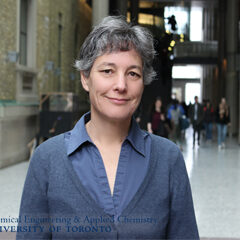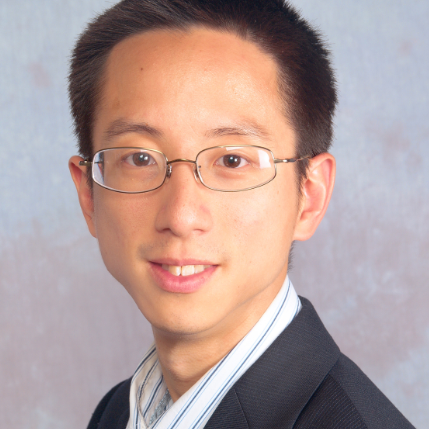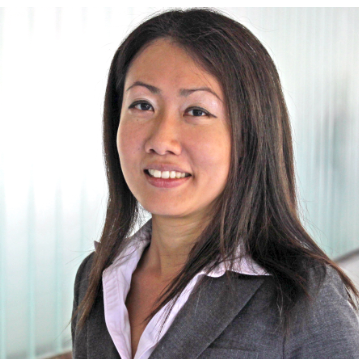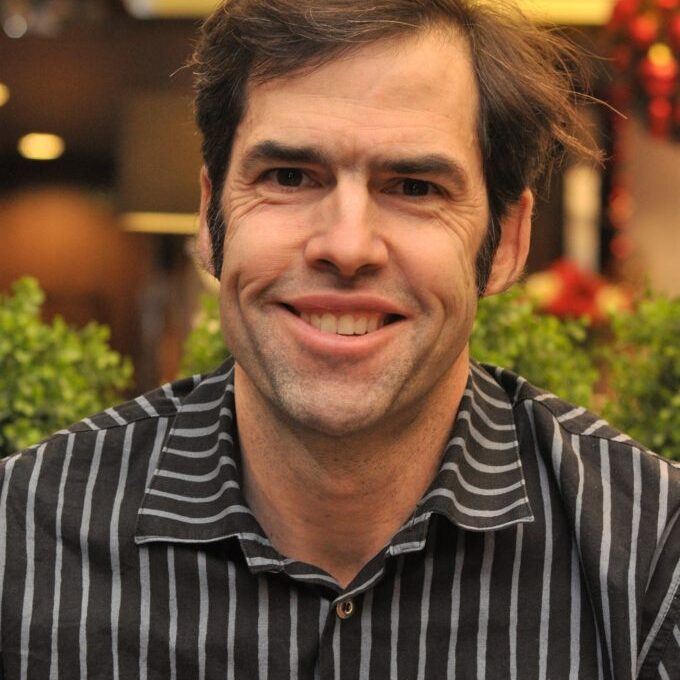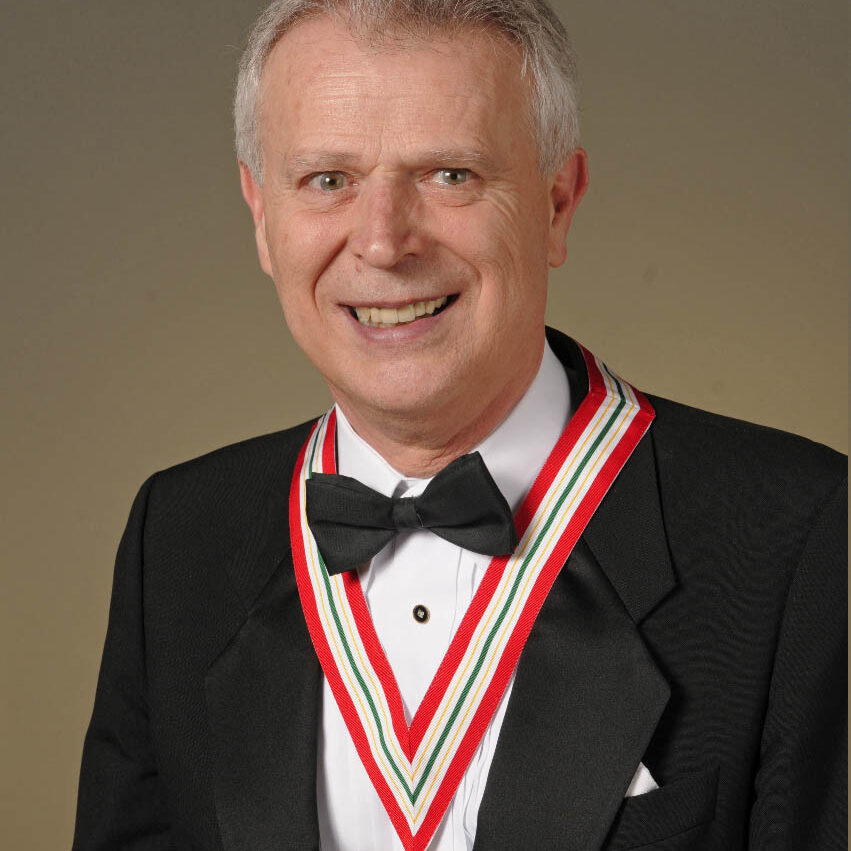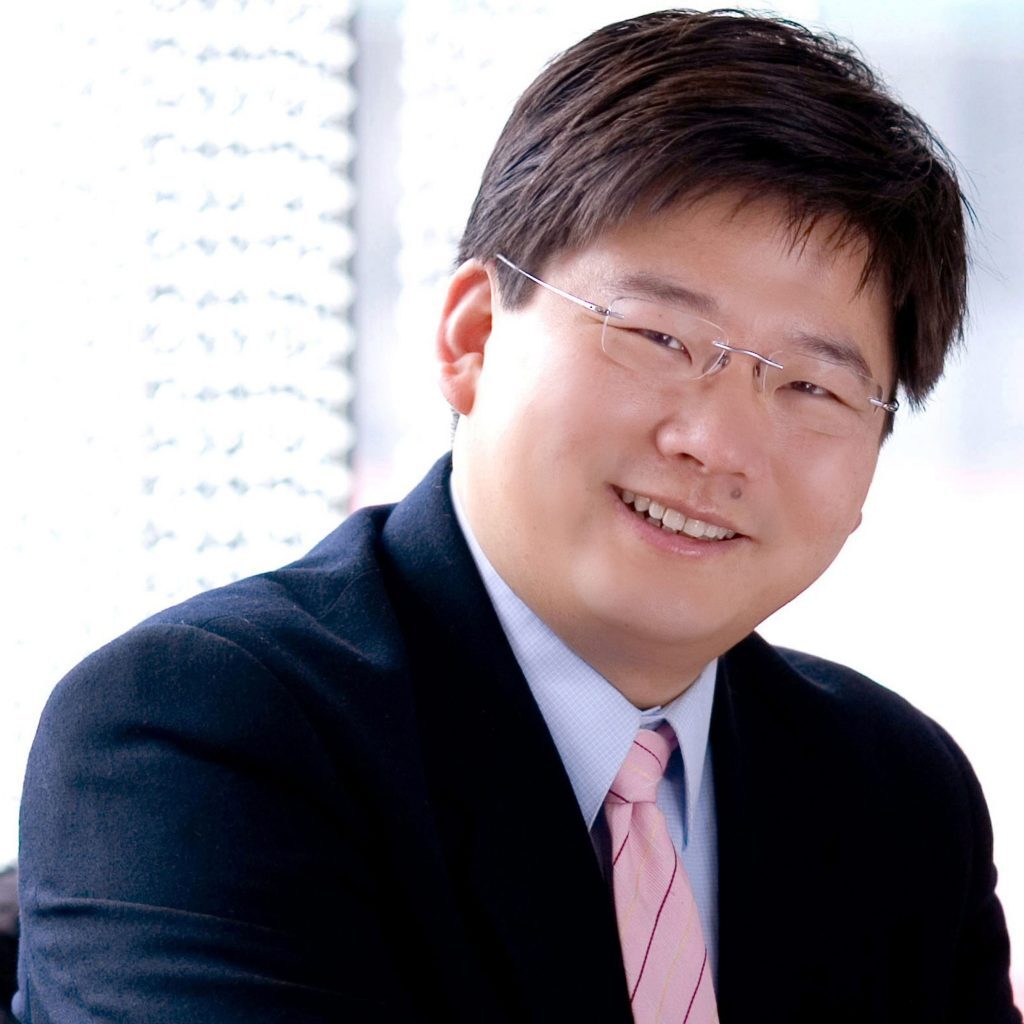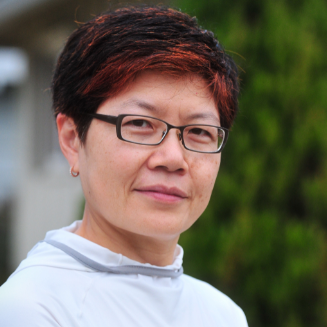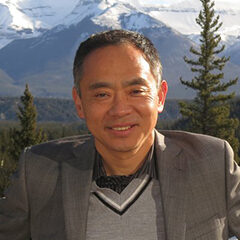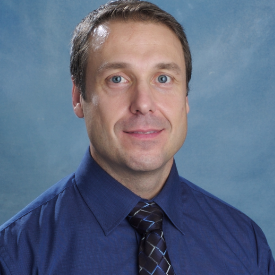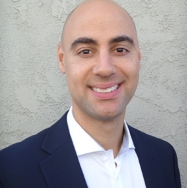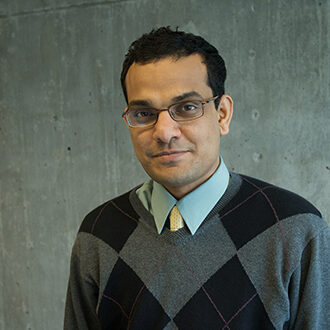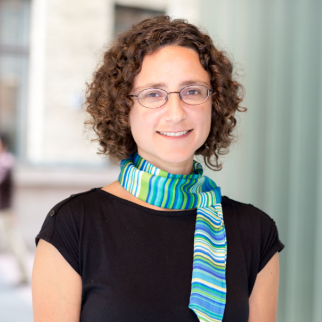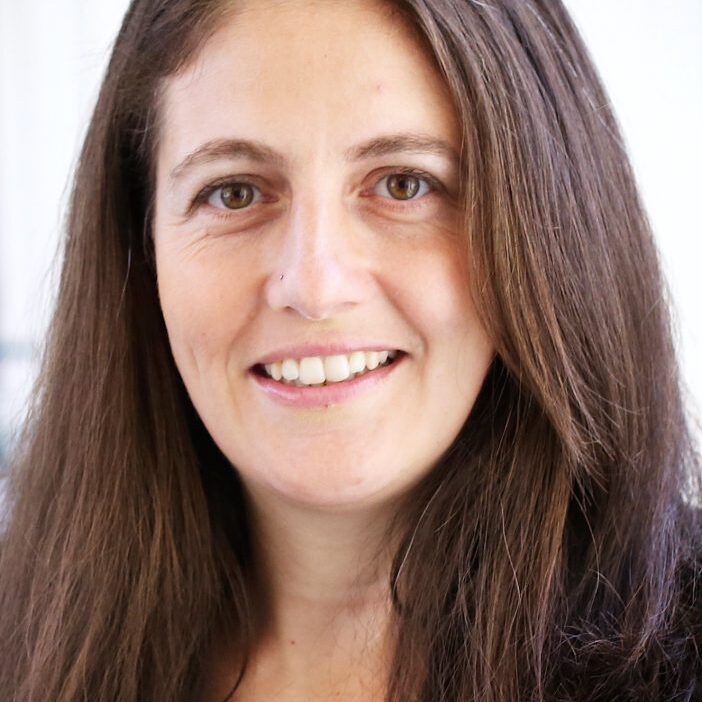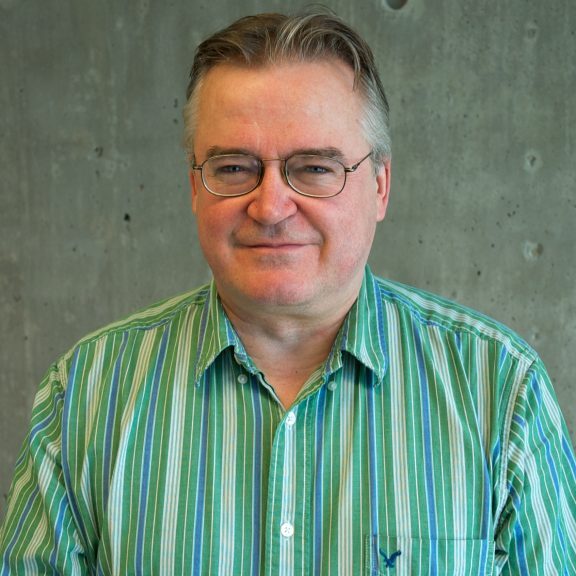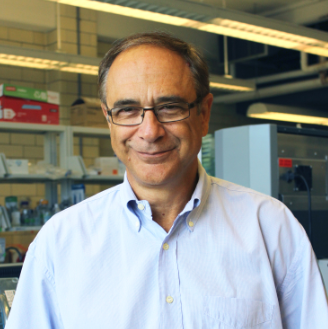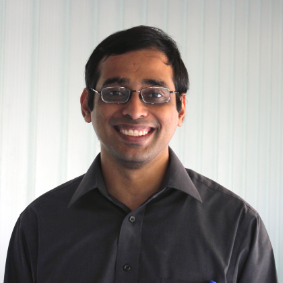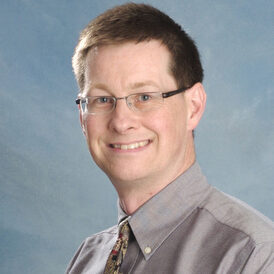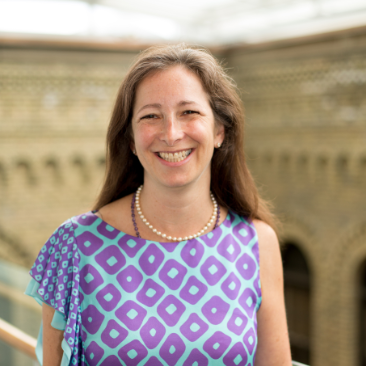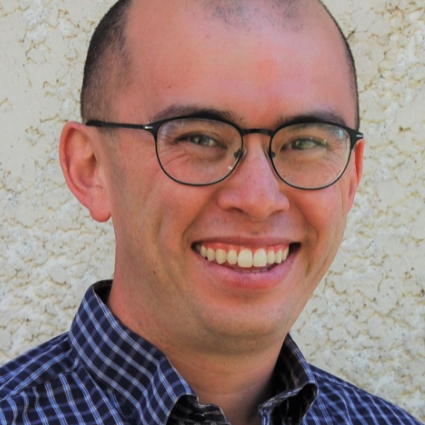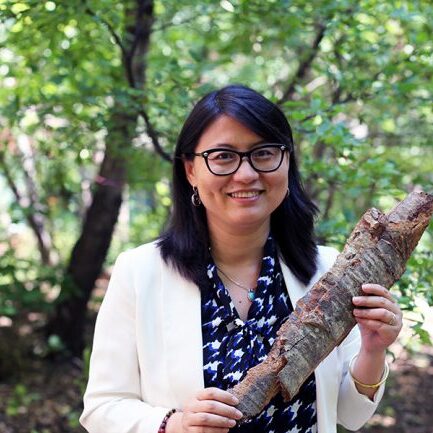Schedule
Thursday, February 18, 2021
| Time | Session | Platform | Notes |
|---|---|---|---|
| 1:00 p.m. 1:20 p.m. to 2:00 p.m. 2:05 p.m. to 2:45 p.m. | Faculty Welcome Session Graduate Student Research Showcase Graduate Research Alumni Talk | Zoom | |
| 3:00 p.m. to 3:15 p.m. 3:15 p.m. to 4:00 p.m. | ChemE Welcome Session with Professor Molly Shoichet, Associate Chair, Graduate Studies ChemEng at UofT: Finding Your Fit with Professor Alison McGuigan and Professor Lydia Wilkinson In this interactive session you will explore what it is that you hope to get out of grad school and identify the opportunities and supports in our department and faculty that will help you get there. You’ll get a chance to work with your future classmates in breakout rooms, to share insights about what constitutes a successful graduate school experience while working with online brainstorming tools that will help you connect in this virtual teaching and learning environment. | Zoom | |
| 4:00 p.m. to 5:30 p.m. | ChemE Poster Session | Gather.Town |
Friday, February 19, 2021
| Time | Session | Platform | Notes |
|---|---|---|---|
| 10:00 a.m. to 11:00 a.m. | Chemical Engineering Graduate Student Association (CEGSA) Panel Discussion | Gather.Town | Learn more about CEGSA |
| 11:00 a.m. to 2:00 p.m. | CEGSA Drop-In Event (concurrent with interviews) | Gather.Town | |
| 11:00 a.m. to 2:00 p.m. | One-on-one Interviews with Professors | Zoom | Zoom links for interview sessions (PDF) Recommended reading: "Supervision Guidelines for Students" |
| 2:00 p.m. to 3:15 p.m. | Virtual Campus Tour & Student Panel hosted by the Graduate Engineering Council of Students (GECoS) GECoS will provide a virtual campus tour + student panel for students. Traditionally in the past, GECoS would help provide a campus tour on Saturday. This event will be occurring the next day on [DATE HERE]. It will also give prospective students an opportunity to ask more questions and interact with current grad students as they may have questions after their GRD activities on the day prior. This will be organized by FASE and GECoS. We will ask grad admins to help us recruit some student volunteers. | Zoom |
ChemE Poster Session
Gather.Town Instructions
Accessing and joining Gather.Town
- Use this link to join through your browser: https://gather.town/app/VZUwAV7u1xIp7taw/ChemEGRD2021 (Password: GRD2021)
- Please enter your name as it would appear on a nametag (i.e. name, current degree, current university) to join, so others can identify you, and select your devices such as your camera and microphone. Click on “Join the Gathering”.
- Upon entry, you will be in the lobby. A window will open with the message “Welcome to Gather”. It has a link to the tutorial, which you can skip or watch, if you’d like.
- On the right side of the screen, a list of participants will appear. You can search the participants you’d like to interact with. A direction line will show up, just follow that to reach the desired participant.
- Local chat is another way to interact in Gather.Town. Click on the name of the participant to chat directly. The local chat provides two options, individual and group chat.
- Use your mouse or keyboard to walk around the space. You will be automatically connected by video and audio when you are in certain proximity to someone else. You can adjust the distance (by clicking on circle) at which you’d like to be connected.
Poster session:
- Poster and whiteboards are objects in Gather.Town.
- When you reach the poster/white board, click “X” to interact with the poster.
- Turn your mic and/or video on to interact with poster reps.
Notes:
- If you have any tech issues during the session, first try respawning your avatar. You can do this by finding the "settings" icon in the left sidebar, navigating to "user" and clicking "respawn" at the bottom of the user settings page.
Layout
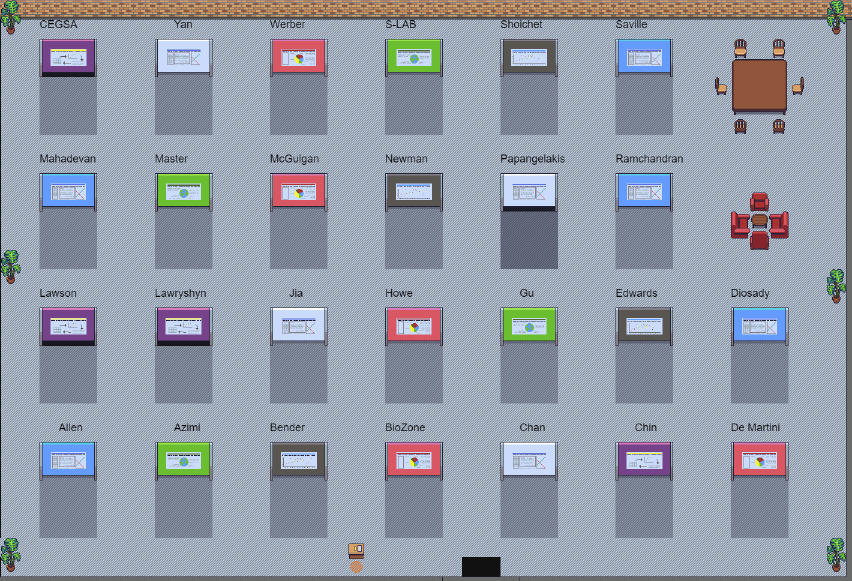
About ChemE Labs
Bioprocess Engineering Group
Bioprocess engineering and its environmental applications. Biological Waste Treatment: performance and design of biological treatment systems for toxicity reduction in pulp mill effluents, biological treatment of chlorinated organic compounds, biofiltration of air pollutants. Bioconversion of waste water and waste solids into value added fuels, chemicals, materials and biosolids dewatering. Microalgae production from carbon dioxide, sunlight and wastewater for production of biofuels and biochemicals. Biofilm formation and adhesion. Microbiology and floc formation in waste treatment systems and the development of techniques of monitoring microbial communities.
Laboratory for Strategic Materials
The Laboratory for Strategic Materials takes a combined theoretical and experimental approach to address major challenges, including growing demand for natural resources (mainly energy & materials) and anthropogenic environmental impacts, through enhancement of existing processes and development of new materials and production routes in various industrial sectors: energy, water, and metals. Our research lies at the intersection of “Process Engineering” and “Materials Science”. Our research combines fundamental science and engineering principals to arrive at solutions for real world applications.
Bender Lab for Organic Electronic Materials and Devices
The Bender laboratory is a diverse multi-disciplinary research environment. We focus on the development of new and novel materials for application within the organic electronic space. Towards this goal we undertake activities spanning from the fundamentals of applied chemistry to device integration and engineering.
BioZone
BioZone is the centre for applied bioscience and bioengineering research at the University of Toronto with a track record of developing sustainable technologies that reduce resource-use and help to clean up the environment. We are built upon the principles of collaboration, team work, and research excellence. BioZone is unique in that it is structured to provide extensive shared multidisciplinary laboratory space and research equipment that promotes cooperative research among a team of diverse professors, students, and staff of more than 130 people. In addition to a state-of-the art mass spectrometry facility, BioZone includes extensive shared lab facilities that house an impressive array of sophisticated instruments, and collaborative student workspaces that accommodate visiting and local students.
Organics Environmental Lab
The atmosphere is a dynamic system involving a large number of chemical species and their chemical reactions. Our research goal is to better understand the chemical composition, sources and transformations and impacts on health by studying sources of particulate matter in urban atmospheres, mechanisms of atmospheric reactions, persistence of wildfire-derived pollutants and health impacts of organic aerosol.
Heterogeneous Catalysis Lab
Our research group synthesizes catalytic materials with purpose-built structures and compositions and applies combined methods of kinetics, spectroscopy, microkinetic modeling, and isotopic analysis to probe their dynamics and kinetic consequences in chemical reactions under conditions relevant to industrial practice. Current active research programs include: synthesis of renewable chemicals and fuels, exhaust emission control, utilization of natural gas and biogas, upgrading of biomass.
Chemical Recovery Laboratory
The research in our lab is focused on the role and fate of inorganic elements in the industrial processing of biomass. The behavior of inorganic elements is critical to: recover/utilization of “waste” streams; thermal efficiency (fouling of heat transfer surfaces); the choice of materials (corrosion); and emissions. In our lab, we are studying the behavior of inorganic elements in both the aqueous streams of chemical pulp mills and the thermal conversion of biomass to chemicals and energy. A key feature of this research is that we work closely with both end users and suppliers to answer fundamental questions that have practical applications.
Food Engineering Lab
The Food Engineering Lab applies the principles of chemical engineering and chemistry to food processing. The lab has two main focuses. Firstly, we develop technologies for the addition of micronutrients into food for the prevention of micronutrient deficiency diseases. This has and continues to have great global impact seeing as one third of the world’s population is suffering from inadequate intake of micronutrients. Our development of double fortified salt with iron and iodine has been pilot tested in India, where more than 1 million children have been cured of anemia. We continue our work in salt fortification with iodine, iron, as well as folic acid, zinc, vitamin A, and potentially vitamin B12. Also current research includes the fortification of tea with iron. Our second major area of research is processing oilseed. We have developed a process for the production of protein isolates from canola, rapeseed and mustard seeds. We are working to develop processes that will recover food grade protein and high quality biodiesel from a variety of oilseeds and algae. Thus we will contribute to both fuel and food from crops that are now unused or only marginally so. We also use membrane-based processes to recover minor components with nutraceutical value.
Frank Gu Lab
Focused on improving quality of life, Frank Gu Lab designs, develops, and optimises nanotechnologies with real-world applications. With expertise in targeted delivery, ocular technologies, diagnostics, and water treatment, we’re innovating at the forefront of medicine and environmental protection.
In Situ and Correlative Microscopy Group
Research focus: In situ electron microscopy – characterization and property measurements of novel materials and nano-devices, and their real-time evolution during processing and operation and synthesis, property-structure relationship of new energy materials
Green Technology Laboratory
A recent focus of the Green Technology Laboratory is on the potential of the structures in biochar to serve as templates for the creation of next-generation advanced materials. In particular, we explore the opportunities that biochar may offer in creating cost-effective nanoporous carbon and composites for capacitive technologies that improve the use of renewable energy and environment quality. Our research also focuses on exploring and understanding the structure-property-performance relationships of biochar, which enables us to create next generation high-performance materials for these modern technologies. Moreover, we also study how chemicals affect the environment, for example, aerosols’ effects on the climate. Through creating new materials, and technologies, we contribute to sustainability – enhanced utilization of renewable energy, maximized value of natural resources and minimized impact on the environment.
Centre for Management of Technology & Entrepreneurship
Microbiome Engineering Lab
The Microbiome Engineering Lab works at the interface of engineering and biology to engineer microbial communities to recover valuable resources (energy, chemicals, materials) from wastes. This is accomplished using the most advanced and innovative approaches from systems & synthetic biology, microbial ecology, and bioengineering.
Laboratory for Metabolic Systems Engineering
The Lab for Metabolic Systems Engineering (LMSE) was established in the University of Toronto's Department of Chemical Engineering and Applied Chemistry under the leadership of Prof. Radhakrishnan Mahadevan in 2006. We primarily work on engineering the metabolism of microbes such as Escherichia coli and Saccharomyces cerevisiae to produce fuels, chemicals and therapeutic molecules. We also work on developing computational and experimental tools using metabolic models and synthetic biology respectively to achieve this goal.
Bioproducts Research Lab
Our goal is to discover, design and produce enzymes and non-catalytic proteins that can be used to functionalize and reconstruct, rather than hydrolyze and deconstruct, major structural biopolymers of plant fibre. In this way, our aim is to provide renewable alternatives to petroleum-based compounds, and moreover, create unique bio-based materials that harness inherent functional attributes of the starting biopolymer.
Our approach benefits from three key advantages of biocatalyts: 1) catalytic specificity that allows predictable modification of complex substrates, 2) mild reaction requirements that retain beneficial, structural properties of the starting material, and 3) “programmability” of enzymes and non-catalytic proteins, expanding their potential in synthetic applications.
McGuigan Lab
The vision of the McGuigan Lab is to design predictive heterogeneous tissue mimetic systems for understanding mechanisms of tissue assembly and disease and to apply these systems to improve human health. Key research areas: tumor microenvironment engineering, tissue patterning technologies, collective cell migration.
Corrosion & Advanced Materials Laboratory
The Corrosion & Advanced Materials Laboratory investigates the role of alloying elements in the corrosion performance of alloys. Computer simulation and advanced surface characterization are used to understand the dissolution, oxidation, and motion (by surface diffusion) of particular elements. Electrochemical techniques play an essential role in monitoring the kinetics of metal dissolution across semi-protective surface layers consisting of less-reactive metals and/or oxides. Molecular adsorption can be used to further modify or probe events at the interface. localized corrosion of metals is an autocatalytic or coupled reaction-transport process in which the dissolution products acidify the local solution. Thus modelling skills are required to elucidate stability criteria and morphology development in localized corrosion sites; the morphologies and patterns that form deterministically in such sites are surprisingly rich.
Papangelakis Lab
Research interests are in the development of novel technologies that address sustainability requirements in the extraction and processing of mineral resources. Using the fundamentals of aqueous process chemistry and engineering his research group develops hydrometallurgical solutions to process complex mineral resources for the production of metals and metallic products. A key focus of his research is to develop novel processes which reduce the impact on water resources.
Laboratory of Complex Fluids
The goal of our laboratory is to conduct research motivated by industrial, biological and practical problems related to a special class of fluids called complex fluids. The complex fluid that forms the focus of our lab is the particulate suspension - a mixture of particles with an immiscible fluid. Of specific interest to us are suspensions of soft particles, such as drops, microgels, vesicles and capsules, which are ubiquitous in our day-to-day life and in the industry. Currently, we have projects motivated by problems in such diverse areas as blood flow, kinetics and mass transfer aspects of dissolution of carbon dioxide in solvents, oil spill control, emulsification mechanisms in oil sands, fabric softeners, soil nutrient diagnostic kits, embolic ischemia, pulmonary embolism, and multiple sclerosis.
Bioprocess Engineering Group
Bioprocess technology, biomass pretreatment and hydrolysis, bioseparations, biofuels (ethanol, biodiesel, renewable diesel, renewable jet fuel), bioenergy, bioproducts, life cycle assessment, technoeconomic assessment, applications of enzymes, enzyme inactivation, inhibition and regulation of enzyme activity, therapeutic application of drugs and bioproducts (e.g., prebiotics).
The Shoichet Lab
The Shoichet Lab is a dynamic group of graduate students, post-doctoral fellows and technicians, working together to solve big problems in medicine. We use engineering and chemistry to answer questions in biology and medicine. We design new materials to both deliver biomolecules and cells directly to the brain, eye and spinal cord to promote tissue and functional repair. We synthesize new polymers to target cancer cells in either the breast or brain. We invent new materials to enable 3D culture of cells for ultimate use in drug screening and personalized medicine. Our research is highly multidisciplinary and collaborative.
Advanced Membranes Lab
Starting in July 2021, the Advanced Membranes (AM) Lab will focus on membrane materials and processes with the aim of attaining breakthrough performance in molecular separations. We are especially motivated by regional, national, and global challenges involving the management of process water, drinking water, and natural resources such as metals. Our work will cover all aspects of separation science, including the synthesis and characterization of high-performance membranes, fundamental transport studies through model membrane materials, and lab-scale demonstrations and optimization of separations processes. This integrated approach will combine elements of transport phenomena, surface science, polymer synthesis, polymer physics, and nanotechnology.
Yan Lab
The Yan Lab specializes in forest-based biomaterials science and composites, bio-based adhesives and adhesion, digital printing, and surface sciences of paper. The Yan Lab is currently focused on developing novel environmentally-friendly green bio-based composites, producing green chemicals using renewable forestry biomass as feedstock, and engineering the next generation high valued paper based products.
Contact Info
Program admission contact
Joan Chen, Graduate Assistant, ChemE
gradassist.chemeng@utoronto.ca
Chemical Engineering Graduate Student Association (CEGSA)
Nina-Francesca Farac, President, CEGSA
ninafrancesca.farac@mail.utoronto.ca
Event contact
Branden Wesseling, External Relations Manager, ChemE
